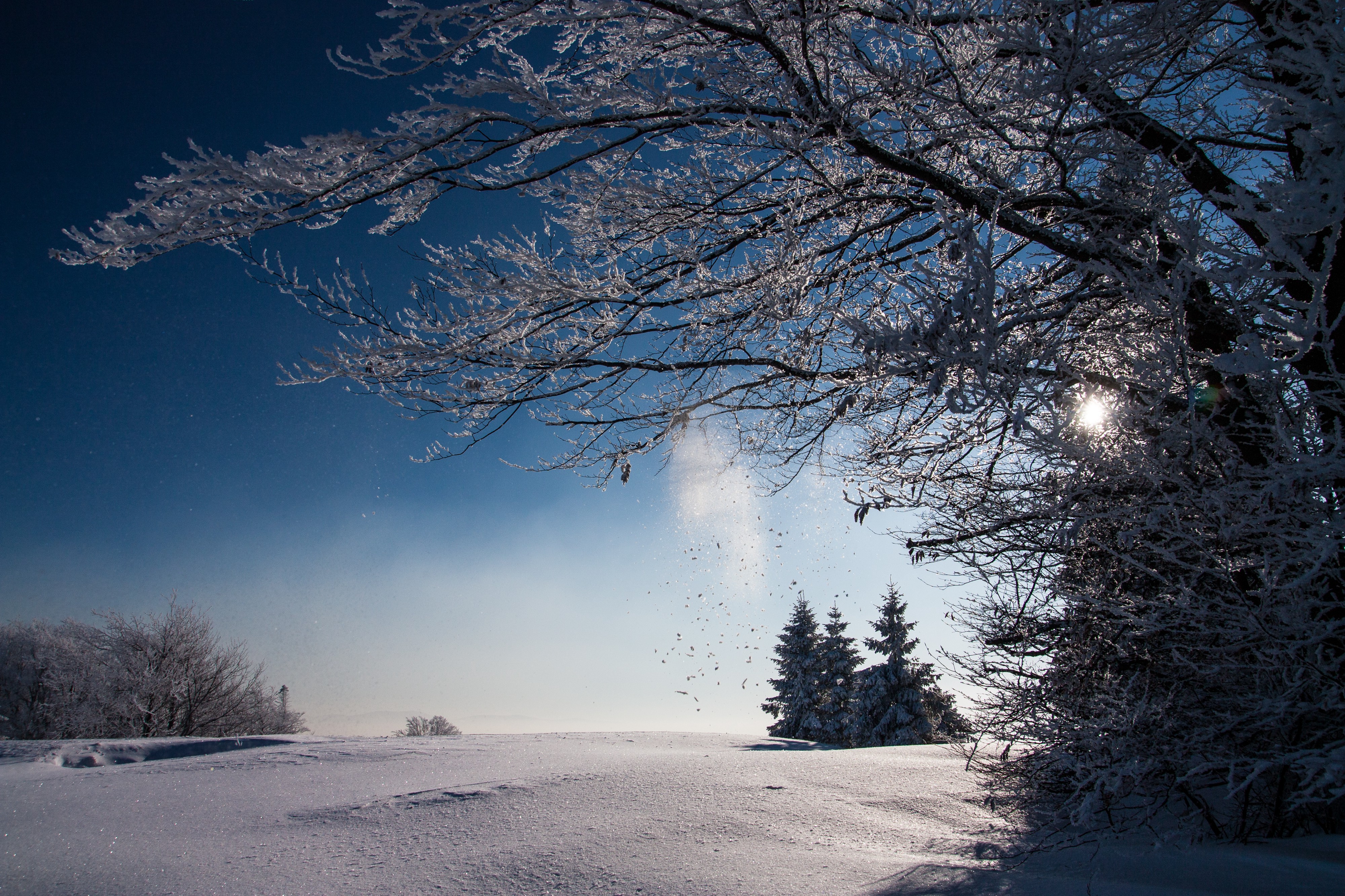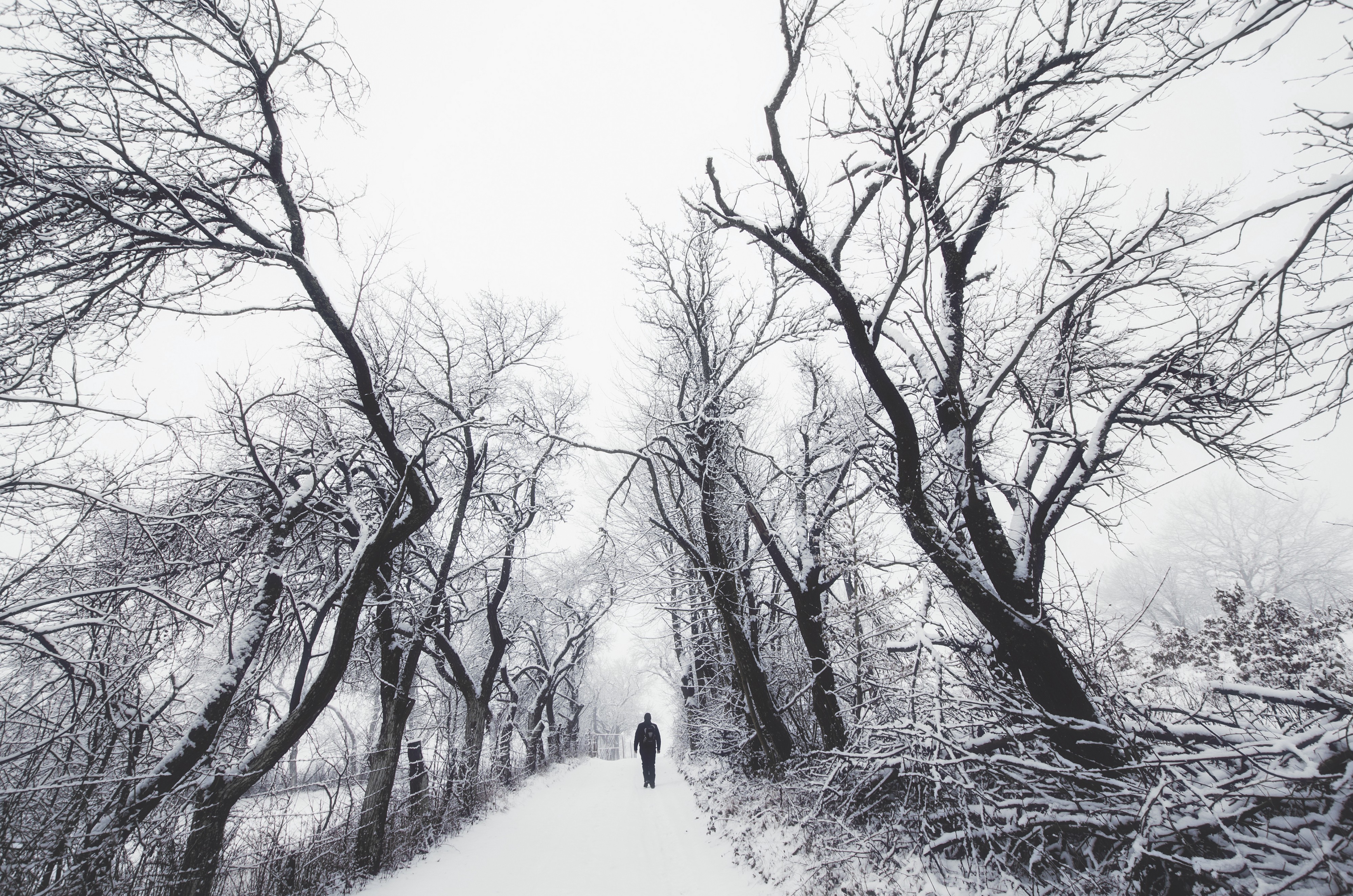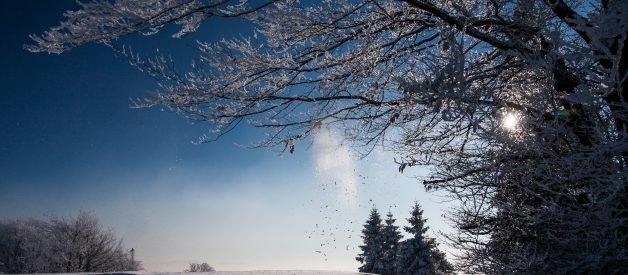The darkness of the season and the struggles of older men
 Photo by Dawid Zawi?a on Unsplash
Photo by Dawid Zawi?a on Unsplash
An impending winter storm
All-day they?ve predicted nasty winter weather, a cruel night of snow, ice, and drizzle. All-day I?ve waited with a mixture of dread, anticipation, and wonder, a sloppy blend of emotion as unpredictable as the weather itself.
No one hates winter more than I do. When the temperature dips below 70 degrees, my toes turn to ice, my lips chap, and my nose looks like Rudolph?s.
Usually, the very idea of a snow flurry makes me want to flee to a hot tropical island. But even for summer-loving me, the coming of a winter storm is weirdly exhilarating. I?m awestruck by the force of nature, the power that temporarily transforms our world, obliterating all borders and boundaries made by human hands. I?m literally blown away by how completely indiscriminate SNOW is, falling on EVERYTHING. How nature itself covers the sharp angles of our modern world and blurs them into curves and hills of unending, blinding white.
But underlying the excitement and anticipation, there?s dread rippling as an undercurrent, dread that associates a winter storm with feelings of loneliness and despair. Maybe I had an overdose of poetry when I was younger. Maybe my psyche was permanently imprinted by my grandfather?s frequent quoting of verse, but I now associate winter with Robert Frost.
Robert Frost, crusty New Englander that he was, illustrates the dark, dismal aspects of winter. He shows how winter separates us from the rest of the world, isolating and diminishing us. Frost provides us with painful glimpses of insight with his winter poetry. Take the old favorite, ?Stopping by the Woods on a Snowy Evening.?
Robert Frost?s winter poetry
?Stopping by the Woods on a Snowing Evening.?
A lovely poem, you might think, but the ending resonates with menace and the burden of things that still have to be done. The weight of the responsibilities and unending tasks, no matter what the weather, is heavy, indeed. The fatigue, unending.
?The woods are lovely, dark and deep.But I have promises to keep,And miles to go before I sleep,And miles to go before I sleep.?
?Good Hours?
Loneliness. Separation from others. Communing with others only from a distance. Winter isolates the narrator from others.
Frost ? 1874?1963
?I had for my winter evening walk ? No one at all with whom to talk,But I had the cottages in a rowUp to their shining eyes in snow.
And I thought I had the folk within:I had the sound of a violin;I had a glimpse through curtain lacesOf youthful forms and youthful faces.
I had such company outward bound.I went till there were no cottages found.I turned and repented, but coming backI saw no window but that was black.
Over the snow my creaking feetDisturbed the slumbering village streetLike profanation, by your leave,At ten o?clock of a winter eve.?
?Desert Places?
Consider the poem titled ?Desert Places.? Here, Frost, (an oddly appropriate name considering the current context) discusses a man who sees the ?snow falling fast? and recognizes the emptiness of his spirit: ?I am too absent-spirited to count / The loneliness includes me unawares.? In the end, the speaker proclaims that while the weather is treacherous, it is the barren, desert places within his own soul that scare him most.
Snow falling and night falling fast, oh, fastIn a field I looked into going past,And the ground almost covered smooth in snow,But a few weeds and stubble showing last.
The woods around it have it ? it is theirs.All animals are smothered in their lairs.I am too absent-spirited to count;The loneliness includes me unawares.
And lonely as it is that lonelinessWill be more lonely ere it will be less ? A blanker whiteness of benighted snowWith no expression, nothing to express.
They cannot scare me with their empty spacesBetween stars ? on stars where no human race is.I have it in me so much nearer homeTo scare myself with my own desert places.
Another classic Frost piece, ?An Old Man?s Winter Night,? showcases both the determination to keep going and the despair of doing so.
?An Old Man?s Winter Night?
In this poem, an elderly man is at home by himself where ?all out-of-doors looked darkly in at him through the thin frost.? Every widower I ever knew, every old man rattling around alone, gruff, and confused, comes to mind. Despair infiltrates the lines.
Unsure, forgetful, the man can?t quite remember what made him walk into the next room, so he clomps around the house scaring away the night sounds. ?He was a light to no one but himself,? and in his inability to remember details, he ?consigns to the moon the snow upon his roof, his icicles along the wall to keep, and he sleeps ? knowing the reality of his situation:
?One aged man ? one man ? can?t keep a house, a farm, a countryside, or if he can, it?s thus he does it of a winter?s night.?
?Rhapsody on a Windy Night?
Throw a little T. S. Eliot into the mix with Frost for an enhanced depiction of the cruelty of winter and its impact on the minds of men.
T. S. Eliot?s poem evokes thoughts of winter, snow, memories and madness. In ?Rhapsody on a Windy Night,? he declares,
?Twelve o?clock.Along the reaches of the streetHeld in a lunar synthesis,Whispering lunar incantationsDissolve the floors of memoryAnd all its clear relations,Its divisions and precisions,Every street lamp that I passBeats like a fatalistic drum,And through the spaces of the darkMidnight shakes the memoryAs a madman shakes a dead geranium.
Loneliness, burdens, madness, despair. All the characters of these poems are men contemplating their place in a world of brutal natural forces.
Robert Frost?s poetry depicts winter as a force to be reckoned with, one that impacts minds and hearts. We may call the earth and the elements Mother Nature, but according to Frost, there?s a reason we call this cold and blustery season, ?Old Man Winter.?

Melissa Gouty?s grandfather, ?Baw-Baw? was a man who loved poetry and quoted it often. The musicality and stories in his words rubbed off. If you love books, reading, and writing, subscribe to her biweekly LiteratureLust newsletter.


